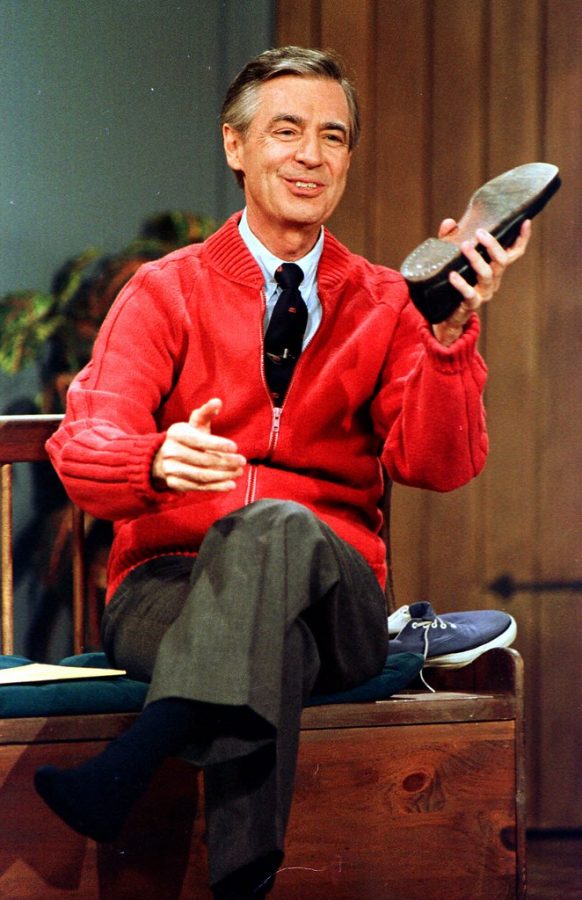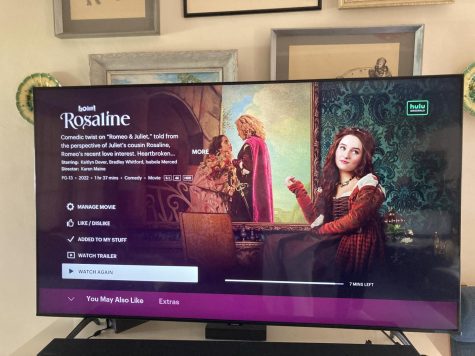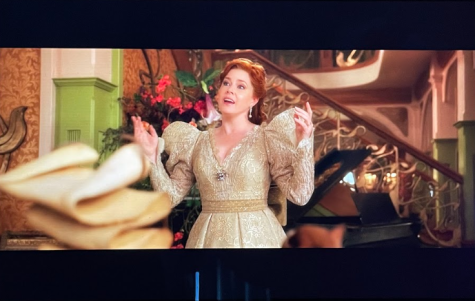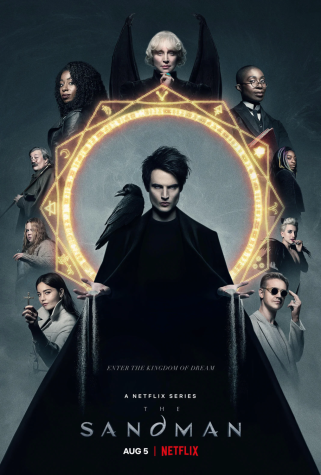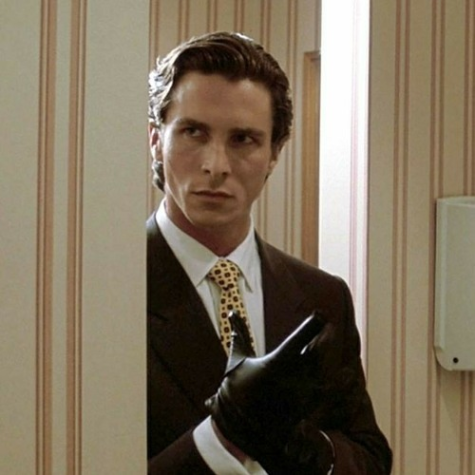It’s okay that ‘A Beautiful Day in the Neighborhood’ doesn’t focus on Mr. Rogers
Mr. Rogers returns to the big screen in “A Beautiful Day in the Neighborhood” except he’s played by Tom Hanks (not shown).
Journalist Tom Junood’s 1998 article “Can You Say… Hero?” canonically focuses on Mr. Rogers, specifically, the admirable aspects about the beloved children’s television host. It wouldn’t have been this way if it weren’t for the friendship Junood and Rogers had formed leading to the article’s publishing. A Beautiful Day In the Neighborhood delves upon this friendship through Junood’s eyes.
However, the film, released Nov. 22, focuses less on Rogers and more on Junood, otherwise referred to as Lloyd Vogel. This change in storytelling direction didn’t sit well with many viewers. These viewers are the same viewers who grew up watching the Mister Rogers’ Neighborhood television show and came to the theater to relive Rogers’ legacy only to be disappointed by the filmmaker’s decision.
What these people don’t realize is that it’s important the film didn’t focus on Rogers. In time, they will see why this is so.
Lloyd Vogel (Matthew Rhys), an Esquire journalist known for his jarring exposés but is secretive about his childhood, is the film’s protagonist. When tasked with profiling the well-acclaimed Fred Rogers (Tom Hanks), Vogel is unwilling to do so as it is a change from his typical exposés.
Once on board, Vogel intends to expose Rogers as a fraud, but through life’s acts of kindness and eye-opening moments, he has a change of heart and mind. He writes his profile on his new friend, Mr. Rogers. By the end of the film, Vogel is a changed man; once hardened and close-minded, he’s now compassionate and optimistic.
The film opens with the nostalgic “It’s A Beautiful Day in this Neighborhood” tune and is accompanied by the familiar living room studio. Frames of the miniature town and shots of The Neighborhood of Make Believe are shown. Viewers return to their childhoods when their younger selves tuned in to the show on their TV set. These servings of nostalgia set the mood for the film.
This illusion is soon shattered when Hanks is shown in the late Rogers’ place. Even when Hanks sings along to the show’s theme song and completely zips then half-zips up his red sweater as Rogers did, one can’t ignore the late Rogers’ replacement. However, as the audience becomes familiar with Hanks’ interpretation of Mr. Rogers, the line between Hanks and Rogers is no longer there. Hanks’ incredible performance and ability to capture Rogers’ charm make Hanks eligible for an Oscar nomination.
After “It’s a Beautiful Day In the Neighborhood” finishes, Rogers proceeds with the episode as if it were any other. He introduces the show’s guest: the cynical protagonist Lloyd Vogel.
It would take a couple Mister Rogers episodes and fights on Vogel’s end before the two would cross paths. After the two finish their first phone call, the film strays away from Rogers and focuses more on Vogel.
Here marks the division of viewers’ opinions of the storytelling direction. Some are upset with the film’s change of direction while others praise the movie for this decision. While both opinions are valid, there’s one movie aspect that should be addressed: Rogers’ legacy.
As the movie progresses, the audience learns of the events that shaped Vogel into the man he is. His tough times and seemingly mundane demeanor resonate with the audience. That is, the audience can see themselves in Vogel, a man who’s determined to reveal the truth because he doesn’t want anyone to be lied to as he had. In some ways, the audience exists through Vogel.
With time and several other interviews with Rogers, Vogel has a change of heart and mind. His ideals remain the same, but the motive behind them become well-intentioned rather than of pure spite. Rogers’ acts of kindness and compassion mold Vogel into a person he and others are proud of. So in a way, viewers have also undergone their own character development.
If the movie focused more on – or simply just – Mr. Rogers, then the audience wouldn’t have seen Vogel’s important character growth. Also, if the movie focused on Rogers’ life then it might’ve ended up being like its two predecessors: the 2004 Fred Rogers: America’s Favorite Neighbor and the 2018 Won’t You Be My Neighbor? documentaries.
Some insist Rogers’ legacy isn’t touched upon in A Beautiful Day in the Neighborhood, but they should reconsider the film’s message. The movie shows how allowing good experiences to shape anyone will mold them into who they aspire to be. For this reason, the ultimate impact the movie or Rogers’ television series leaves on a person – be it the values or mindset – is Rogers’ legacy. Thus, people don’t need to watch a movie to know Rogers’ legacy because they are his legacy.

Hobbies/interests: Reading, writing, drawing, designing
Fav artist: Joji
Movie you never get tired of watching: Anastasia
Goal for the year: Go...



